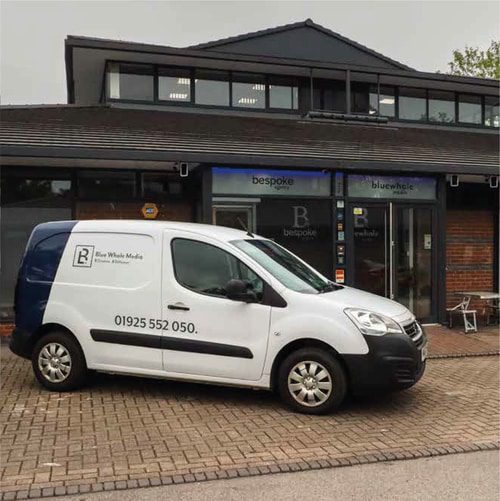
5 SEO Tips To Benefit Any Business
Any business should know the importance of having a good presence in the search engines. No matter what you’re searching for, whether it’s information about a new film, you’re looking to purchase a new phone or if you’re just curious about Mo Salah’s Liverpool contract – the first thing almost everyone does is go to a search engine to find something out.
As a business owner, you should be aware of this and begin to plan on how your business can benefit from people’s reliance on search engines. In this blog, I will be highlighting some simple SEO tips that can benefit any business!
Monitor Changes
No matter what you do for SEO, you should monitor the changes. No website is set in stone, eventually you will begin to add new features, rewrite content, remove some elements etc. The important thing to do is monitor how these changes impact your visibility. Even if the change you’re making isn’t being done with SEO in-mind, any change to your website can have an impact on your rankings.
By monitoring how your website changes affect your visibility, you can fine-tune your future SEO efforts by learning what Google wants to see and doesn’t want to see, judging by how it reacts to your website changes.
Site Structure
A clear website structure is important for both user experience and SEO. Search engines discover your pages by sending a crawler through your website, by the end of the crawl this bot should be able to see visible organisation and hierarchy for your website which will allow it to easily recrawl and index your website later.
Taking our own pages, here are some examples of bad site structure:
- domain.com/service1
- domain.com/blog/
- domain.com/blog-title-goes-here/
- domain.com/location/
- domain.com/location-service/
This is a bad site structure. In fact, there isn’t any structure at all. Every URL is only 1 depth below the homepage. Whether it’s a normal page, a blog, a locational page or a locational service page – the are all one below the homepage and do not have a visible relationship with each other. Here is an example of a better site structure with the same pages:
- domain.com/service1
- domain.com/blog/
- domain.com/blog/blog-title-goes-here/
- domain.com/location/
- domain.com/location/location-service/
This site structure clearly shows a hierarchy and relationship between relevant pages. For example, the blog post is under the blog page. The location service page is under the location page etc.
Quality Content
Quality content is one of the most important factors for SEO. You should only post content that you will be happy to use to represent your brand. Here are a few tips when it comes to writing content for SEO:
- Make your posts relevant to a topic. For example, don’t make your title and H1 about Superman and then proceed to talk about Will Smith, WW2 and theory of evolution in the content. Stick to a singular topic so you don’t confuse search engines or users!
- Research shows that in the majority of cases, long-form content will rank higher than short-form content.
- Website content isn’t just about writing. Including engaging videos and images can help to keep your users on your blog and website.
- Even when you are writing for SEO, you should be writing for your user. Google’s algorithms have advanced so much in the last 5 years or so and they have a much better understanding of how content should be written – keyword stuffing is a thing of the past!
Internal & External Links
Just behind content, links are another massive factor for SEO. Internal links and external links are both important and have their own different benefits and usages.
An internal link is when a page on your website links to another page on your website. Internal linking is a great way to push relevancy to other pages. For example, a blog about web design should link back to our key page(s) about web design, like our service pages. An internal link shouldn’t be pointed towards an irrelevant pages: for example, that same web design blog shouldn’t link to a blog about house prices in London.
An external link is when a page on someone else’s website links to a page on your website. External links serve as a vote in the eyes of Google. The important thing to remember with backlinks is that not all votes are equal! For example, you can sign up to a forum website and instantly write a new post which links back to your own website. Great, you’ve built a new backlink – Google will like that, won’t it? Well, no. Backlinking has been a thing since the first inception of a search engine, and Google knows people will try to manipulate their rankings however they can, which will include backlinks. A backlink that is so easy to obtain, like a forum profile, will not have any value at all because it is so easy to manipulate. However, a backlink from the authority in your industry will be a massive boost. For example, in our web design industry an authority would be something like WordPress. If WordPress links to our website, Google will definitely value that link as not only is it relevant to our website, but it is also hard to obtain and is natural – therefore the WordPress link will have a much higher chance of influencing our website’s rankings than a backlink from a forum profile.
User Experience
Today, a key part of SEO is user experience. Google is constantly updating its algorithms and incorporating new ranking factors based around user experience – such as mobile friendliness, website speed, website security etc. By optimising user experience on your website, you will satisfy more users, increase your website rankings and see higher conversions!





